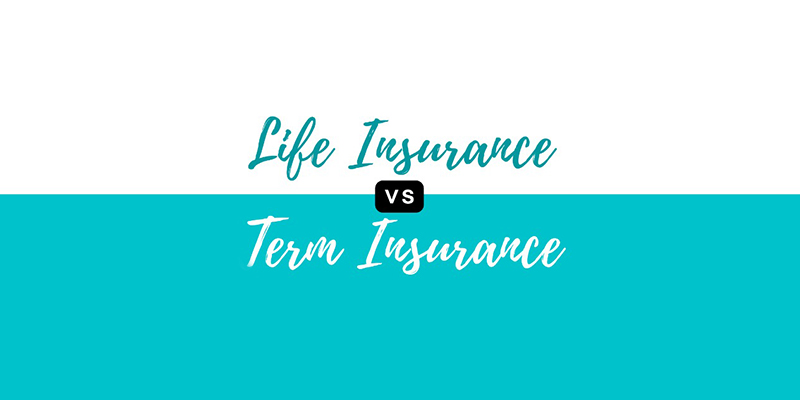Blog
BACK TO BLOG
The whole insurance business is based on a single principle: risk transfer to the insurer. Unforeseen events, personal misfortunes, and economic downturns are all unavoidable and induce fear in the minds of the general public. Life insurance policies give compensation to the deceased's relatives or family, and hence are a useful strategy to protect the future of the family's younger dependents. Term insurance is one of the several types of life insurance plans that a firm may offer. To ensure a comfortable future for the insurance buyer's dependents, the policy coverage should be at least 10 times his or her yearly salary.
Term insurance is a sort of insurance in which you pay premiums for a certain period of time. The policy only provides coverage against the policyholder's death for a set length of time. However, if the insured person lives longer than the policy's specified duration, the nominees and policyholder will get no compensation.
One-time Premium Payment, Partial Premium Payment, and Regular Premium Payment are the three types of term insurance plans available in the term insurance. In some situations, insurance firms provide a return of premium provision, which allows the customer to retrieve the premiums they paid while the policy was valid after the policy term has expired. Term insurance is a pure life insurance policy, unlike other life insurance plans that allow the policyholder to save money.
The term plan is appealing to a client because of its low cost and straightforward structure. The sole expense in the case of a term plan is for providing insurance, although there are various additional charges in the case of other plans, such as the charge for allocating the premium, the charge in the event of surrender, investment, and payment to commission agents. Because of the term plan's design, which offers coverage for a certain period of time, it is fundamentally cheaper than other life insurance plans, since the premium charged is smaller.
A Unit Linked Insurance Plan (ULIP) is both an insurance policy and an investment for the customer. The policy includes a death benefit, which is the amount that the nominee will receive if the policyholder passes away during the term of the ULIP. In the opposite situation, if the policyholder lives longer than the ULIP's term, they would get the ULIP's matured value, which is based on the value it has created in equity investments.
Is It good to convert your Term Insurance Policy to Life Insurance Policy?
This is possible, however it is contingent on the company's policy stipulations. If the customer outlives the policy's term, converting a temporary insurance to a permanent one would save the money that was paid in all of the premium installments. What's more crucial, though, is the rationale for making such a decision. In most situations, the term insurance was obtained at a different time and in a different state of mind.
The main reason for the decision might have been an unwillingness or incapacity to pay the additional money that would have gone toward the premium. It may be wise to convert your term plan into life insurance as you become older and your circumstances change, such as the earning potential of the next generation or the multiplication of one's own savings. If you are going to make any sudden changes like this in your policy, make sure you contact the best insurance companies in Dubai for the best quotes.
Want to connect with us
We would love to assist you on this journey. Drop us your details and let us help you.





